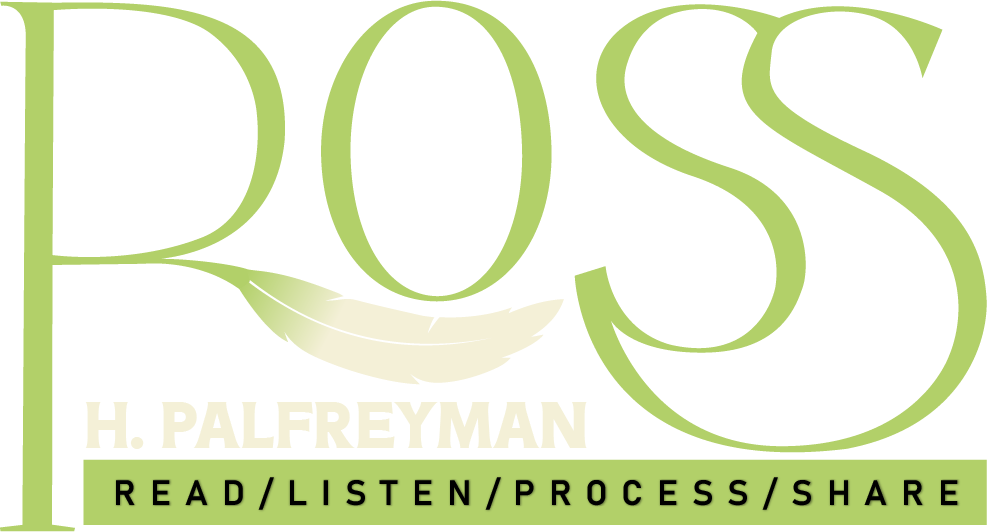Every tax season, millions of Americans feel overwhelmed not only by financial obligations but by dread and confusion. The forms, calculations, and looming possibility of mistakes have turned taxation into a source of anxiety. Instead of fostering civic partnership, the system feels like a trap. Ross H. Palfreyman, in Abolish the Income Tax and Dismantle the IRS… It’s Time, channels this frustration into a call for reform—a moral as well as financial revolution to restore fairness, trust, and clarity between citizens and government.
Palfreyman begins with the fear synonymous with the IRS. More than a collection agency, it has become an intimidating authority. Every audit notice and penalty reminder feeds anxiety that even honest citizens could face ruin from a misunderstood rule. This “fear tax” drains not only money but peace of mind. Taxpayers live cautiously rather than confidently, their relationship with government defined by suspicion.
His solution is sweeping: abolish the income tax and dismantle the IRS, replacing them with a National Consumption Tax. Instead of taxing wages, savings, or investments, government revenue would come from spending on goods and services. Citizens would fully own what they earn and decide their contribution through how they consume. In Palfreyman’s vision, taxation becomes participation rather than punishment—a choice rather than a looming threat.
The current income tax penalizes ambition; the more one earns, the more one owes. This discourages productivity and breeds resentment. A consumption tax reverses that logic, empowering citizens to save, invest, or spend without being punished for success. It reflects values of freedom and responsibility: citizens control how they contribute, and government demonstrates trust in their choices.
The U.S. tax code spans thousands of pages, riddled with loopholes favoring corporations and the wealthy. Ordinary citizens watch as others exploit complexity to minimize taxes, deepening mistrust in democracy itself. Palfreyman sees this as betrayal. By contrast, a consumption tax applies the same simple rule to all: taxes based on spending. The shadows of manipulation vanish, replaced by integrity and fairness.
Other nations, including New Zealand and Singapore, have shown that simpler, consumption-based tax systems work. These structures emphasize clarity and fairness while reducing administrative waste. For Palfreyman, the lesson is not just efficiency but faith—citizens support systems they can understand.
Beyond policy, he highlights human costs. Taxation is not just numbers but lives: business owners shutting down over misfiled paperwork, families delaying dreams to pay penalties, workers drained by stress. Bureaucracy has eroded not only money but trust and optimism. His reform call is thus about healing a national wound as much as fixing an economy.
Critics question feasibility: could consumption taxes alone fund the government? Would low-income families suffer? Palfreyman acknowledges these concerns but argues they miss the essence of his vision. Transitional policies—such as exemptions for necessities or rebates—could protect vulnerable citizens. What matters most, he insists, is courage to pursue real reform. When a system inspires dread, small fixes are insufficient; bold reimagining is required.
At its heart, the proposal is about freedom—from punitive complexity, from bureaucratic fear, from coercion disguised as fairness. A consumption model restores power to individuals, encouraging saving and investment while replacing secrecy with transparency. The benefits are not only economic but emotional, psychological, and moral.
The IRS, originally designed to ensure fairness, has become a symbol of intimidation. With its sweeping powers—from seizing assets to freezing accounts—it inspires fear rather than confidence. Palfreyman frames dismantling it not as rebellion but renewal: an opportunity to build institutions that protect without oppressing.
Such reform would ripple across society. Workers would keep all their wages. Businesses would thrive without audit threats. Entrepreneurs would innovate freely. The economy would shed the burden of deductions and penalties, flourishing instead as a marketplace of growth. Most importantly, citizens would regain trust that government serves them, not exploits them.
The deeper message is philosophical: when people trust government, they become better citizens. When laws are simple, justice is visible. When systems are fair, compliance becomes voluntary. Palfreyman’s proposal is a call to rebuild that trust, one transaction at a time. In a divided and cynical era, simplicity and honesty can still unite.
Ultimately, his vision is about more than revenue—it is about dignity. It seeks to balance authority and autonomy, governance and liberty. It asks Americans to imagine a future free from institutional fear, one where freedom and fairness coexist. By replacing punishment with participation, he offers a renewed national purpose. His book is both critique and promise: that the strength of a nation lies not in how much it collects but in how much it trusts its people.

